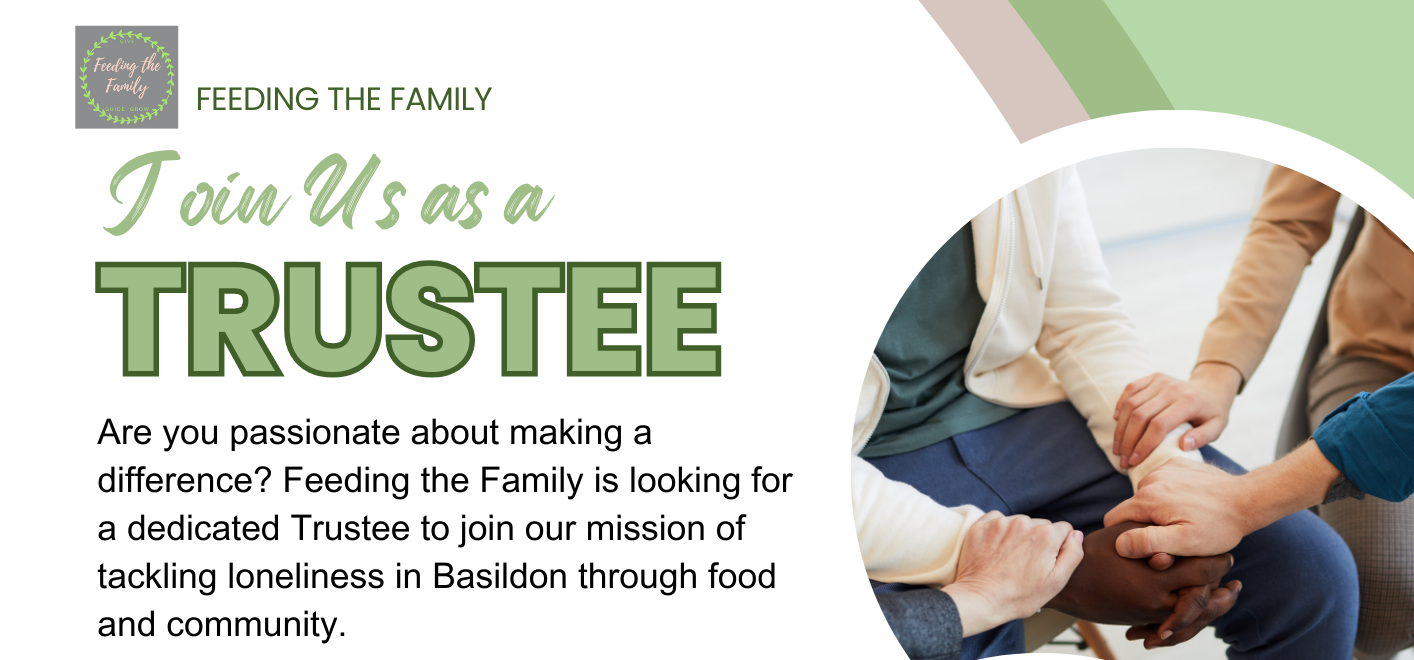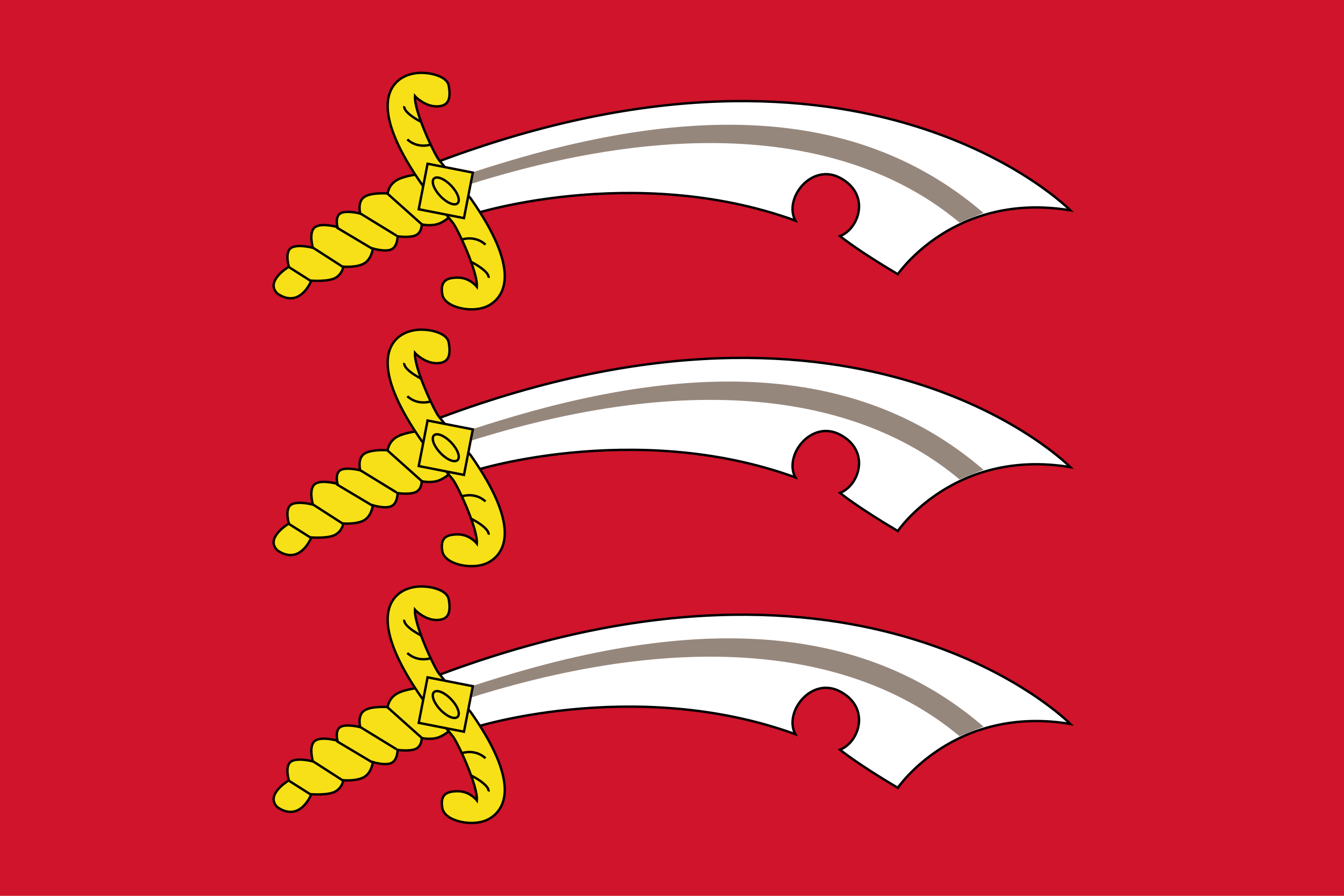Charity governance: what to expect in 2019
Posted on: January 11, 2019
Originally published by charitytimes: www.charitytimes.com
Written by Louise Thomson
11/01/19
Last year, the charity sector struggled with safeguarding concerns, reputational management issues, GDPR panic, executive pay and a new strategic intent from the Charity Commission, which continues to focus on and raise the bar on public trust. Has there ever been a busier time for governance advisers and practitioners? Probably, but governance just didn’t make the headlines then in the way that it does today.
The charity sector wasn’t alone in its governance challenges: do Carillion, Patisserie Valerie, Nissan, FIFA (again) and the PFA ring a bell with anyone? It is worth noting that some of the developments arising from governance failures in the commercial sector will likely impact the charity sector in the coming year. But let’s take a little look back before we scan forward.
2018 brought in the following charity governance developments:
• GDPR
• Changes to the Charities SORP
• Implementation of the remaining provisions of the Charities Act 2016
• DCMS’ third sector strategy
• NCVO’s Charity Ethical Principles
• Scotland’s Governance Code for the Third Sector
• The Charity Digital Code
• Civil Society Futures’ final report with challenges to change governance thinking in terms of PACT – power, accountability, connection, trust – and in terms of ensuring the sector’s ongoing relevance to the wider public.
For 2019, and beyond, the governance opportunities and challenges will continue to demand time from charity boards and regulators. Some matters will be familiar and others less so.
Safeguarding, and especially the requirement to report serious incidents to the Charity Commission, will continue to exercise many charity boards, with some organisations significantly increasing the number of reports they submit each year. With safeguarding taking on a very broad definition under the reporting regime, trustees and their advisers will need to spend more time thinking about the implications of adverse and unplanned actions and behaviours that put others at risk. Such considerations will also require trustees to review their communications strategy in order to deal with any media interest as a result of reporting serious incidents to the regulator.
There may have been a concentration of activity in the sector to ensure organisations were GDPR ready, however it does not mean that all the work has been done and does not need to be reviewed or revised. It is unlikely that the ICO or the media interest in the sector’s practices will diminish, which in turn means that it should not entirely disappear from the board’s agenda.
Ethics
The embedding of the Charity Ethical Principles will require attention by boards, especially as to what ethical considerations are taken into account when making decisions and how the principles are embedded within internal codes of conduct and staff handbooks. Allied to that will be a re-invigorated push for charitable companies to demonstrate their application of s172 of the Companies Act for the wider interests of stakeholders.
For those that may need reminding, s172 states: “A director of a company must act in the way he considers, in good faith, would be most likely to promote the success of the company for the benefit of its members as a whole, and in doing so have regard (amongst other matters) to the likely consequences of any decision in the long term, the interests of the company’s employees, the need to foster the company’s business relationships with suppliers, customers and others, the impact of the company’s operations on the community and the environment, the desirability of the company maintaining a reputation for high standards of business conduct, and the need to act fairly between members of the company”.
Though this is something that is making more of an impact in commercial entities, it would be a wise board that looked at this matter too, even if there is a belief that the sector already does it better.
Following The Children’s Investment Fund Foundation (UK) v HM Attorney General and others [2017] EWHC 1379 (Ch) ruling on the fiduciary duties of members of charitable companies, revised guidance from the Charity Commission will likely be produced to clarify the Commission’s approach to the matter. This, in turn, will require boards of membership bodies to think about their governance arrangements and ensure they are proportionate and appropriate.
Measures to improve board diversity, with particular emphasis on women and BAME candidates have been gaining traction in the commercial world over a longer period than in the charity sector. But given the communities the charity sector aims to help and represent, perhaps more impetus should be given by boards not just to recruit diverse trustees, but to ensure the workforce and volunteer corps are also suitably marbled with diversity – in its widest sense.
Reviewing the governance framework
Another development will be a planned ‘refresh’ of the Charity Governance Code. Reviewing the current version in light of the scandals and developments detailed above will be essential if the sector is to build robust governance arrangements that can meet and withstand any future adverse publicity. While a complete revision is not envisioned, it does need to reflect and reference the changing environment in terms of ethics, safeguarding, reporting and be better placed to anticipate and minimising the impact of whatever else is lurking out there about to be exposed.
And finally, there is the ongoing ‘will they, won’t they?’ anticipation of a consultation on the Charity Commission levy. Perhaps once the Brexit dust has settled there may be the political room and inclination to grasp this particularly thorny issue.
The sector’s need to review and improve its governance framework is as urgent as it has ever been, but it is not the only sector that should reflect and revise where necessary. The demand for, and interest in, governance is not waning.
We need, therefore, to be prepared to meet and respond to any questions that suggest that it isn’t essential to the frontline. Good governance is not the destination, it is the means by which each charity fulfils its objects legally, effectively and ethically. As such, it will require all involved in governance to continue to improve and anticipate future challenges so that each organisation can deliver their stated aims for the important people and communities they serve.
Louise Thomson is head of not-for-profit at ICSA: The Governance Institute


